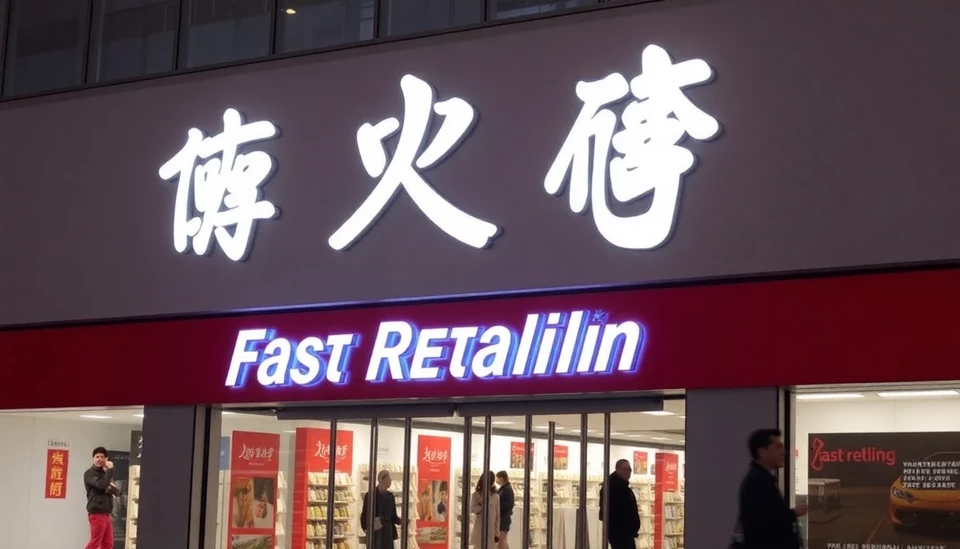
Fast Retailing Co., the Japanese parent company of the popular clothing retailer Uniqlo, has faced a significant decline in its stock prices, marking the most substantial fall in nine weeks. This downturn follows the company's CEO, Tadashi Yanai, making contentious comments regarding the situation in Xinjiang, China, where human rights concerns have been raised over the treatment of Uyghur Muslims.
The stock price of Fast Retailing dropped by nearly 5.9% during trading hours, a sharp decline that alarmed investors and analysts alike. This response is viewed as a direct consequence of Yanai's remarks, which some interpreted as minimizing the severity of human rights abuses reported in the Xinjiang region. Such comments have sparked backlash not only from activists but also from consumers who are increasingly aware of ethical sourcing and labor issues.
The geopolitical implications of Yanai's statements are significant, especially as companies face escalating pressure to take a stand on human rights issues. In recent years, several international brands have reconsidered their business ties to Xinjiang due to widespread allegations of forced labor and systematic repression of Uyghur culture. The backlash against those who appear to downplay these critiques can be swift, as evidenced by Fast Retailing’s sliding stock.
Investors and market analysts are expressing concern that continued public relations missteps could further damage Fast Retailing’s reputation and financial performance. Some analysts have begun to reassess their outlook for the company, taking this situation into account as they evaluate growth prospects and market resilience in an increasingly socially conscious marketplace.
Expert opinions on social media and financial platforms have echoed the sentiment that businesses must be attentive to the voices of consumers regarding ethical practices. Investor confidence typically hinges on the perceived responsibility and transparency of corporations, especially in matters of labor rights and environmental impacts.
Fast Retailing's management is now faced with the task of addressing these issues proactively. It has the opportunity to clarify its stance and potentially re-strategize its operations and supply chain management to better align with global standards for human rights. Failure to do so could result in long-term financial repercussions and further tarnish the company's reputation on the global stage.
As events unfold, stakeholders will be closely monitoring the company’s actions and modifications in its operational practices. Whether Fast Retailing can regain its footing in market sentiment remains to be seen, and the marketplace's reaction will be integral in shaping the company's strategic future.
In light of this development, consumers and investors alike are urged to remain vigilant about the ethical implications of the brands they support, as corporate accountability becomes an increasingly pivotal focus in today’s global economy.
<#>FastRetailing #Uniqlo #Xinjiang #HumanRights #StockMarket #TadashiYanai #CorporateEthics #BusinessNews #InvestorSentiment #SupplyChain #EthicalFashion
Author: John Harris




